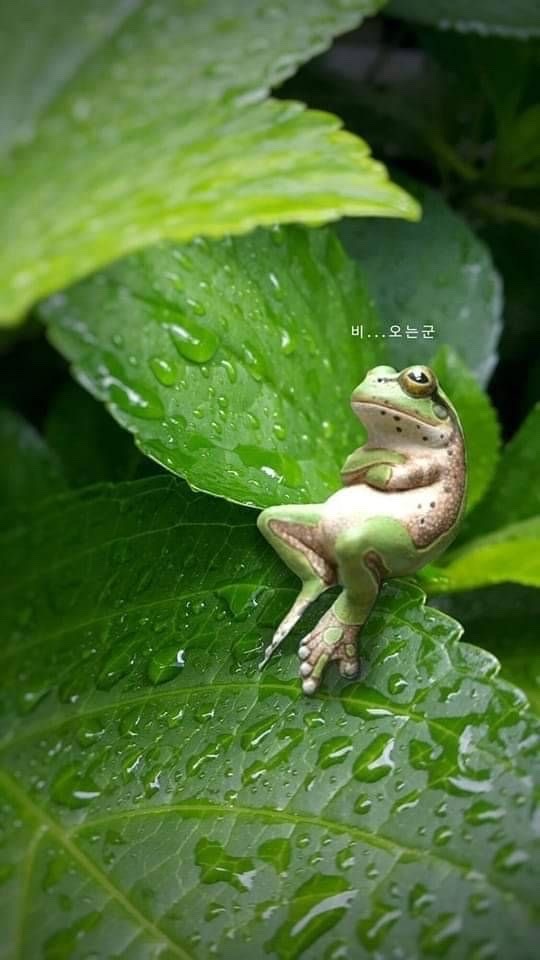.
Schopenhauer, in his splendid essay called “On an Apparent Intention in the Fate of the Individual,” points out that when you reach an advanced age and look back over your lifetime, it can seem to have had a consistent order and plan, as though composed by some novelist. Events that when they occurred had seemed accidental and of little moment turn out to have been indispensable factors in the composition of a consistent plot.
So who composed that plot? Schopenhauer suggests that just as your dreams are composed by an aspect of yourself of which your consciousness is unaware, so, too, your whole life is composed by the will within you. And just as people whom you will have met apparently by mere chance became leading agents in the structuring of your life, so, too, will you have served unknowingly as an agent, giving meaning to the lives of others.
The whole thing gears together like one big symphony, with everything unconsciously structuring everything else. And Schopenhauer concludes that it is as though our lives were the features of the one great dream of a single dreamer in which all the dream characters dream, too; so that everything links to everything else, moved by the one will to life which is the universal will in nature.
—Joseph Campbell
The Power of Myth
.
I have lots of things to teach you now, in case we ever meet, concerning the message that was transmitted to me under a pine tree in North Carolina on a cold winter moonlit night. It said that Nothing Ever Happened, so don’t worry.
Everything is ecstasy, inside. We just don’t know it because of our thinking-minds. But in our true blissful essence of mind it is known that everything is alright forever and forever and forever.
Close your eyes, let your hands and nerve-ends drop, stop breathing for 3 seconds, listen to the silence inside the illusion of the world, and you will remember the lesson you forgot, which was taught in immense milky ways of cloudy innumerable worlds long ago and not even at all.
It is all one vast awakened thing.
I call it the golden eternity.
It is perfect.
We were never really born, we will never really die. It has nothing to do with the imaginary idea of a personal self, other selves, many selves everywhere, or one universal self. Self is only an idea, a mortal idea.
That which passes through everything, is one thing. It’s a dream already ended. There’s nothing to be afraid of and nothing to be glad about. I know this from staring at mountains months on end. They never show any expression, they are like empty space.
Do you think the emptiness of space will ever crumble away? Mountains will crumble, but the emptiness of space, which is the one universal essence of mind, the one vast awakenerhood, empty and awake, will never crumble away because it was never born.
—Jack Kerouac
.
And all shall be well and
All manner of thing shall be well
—Julian of Norwich, 1342 – c. 1416(23)





















